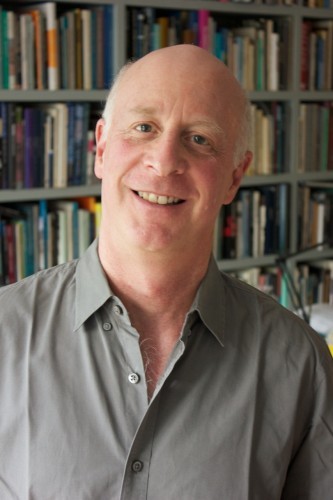
The Vincent Scully Prize, established in 1999 by the National Building Museum in Washington, D.C., recognizes exemplary practice, scholarship, or criticism in architecture, historic preservation, and urban design. Named after its first recipient, Vincent Scully, Sterling Professor Emeritus of the History of Art at Yale University and Visiting Professor at the University of Miami, the prize has been awarded to figures such as Theaster Gates, Jane Jacobs, Laurie Olin, Denise Scott Brown and Robert Venturi, and Mabel O. Wilson. The 2025 prize will go to Barry Bergdoll, art historian and former curator at the Museum of Modern Art in New York.



















